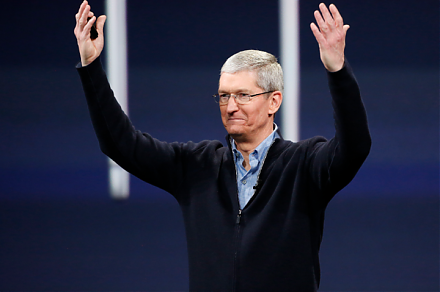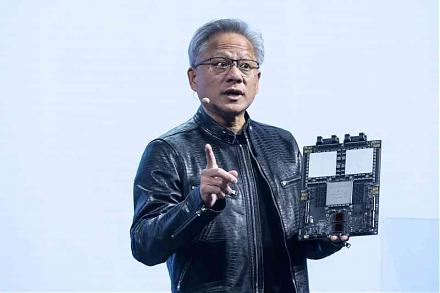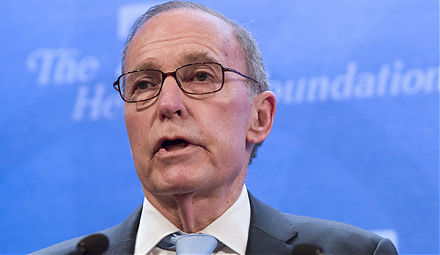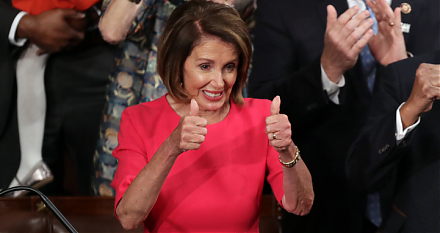

2019-10-19 16:35:00 Sat ET
technology antitrust competition bilateral trade free trade fair trade trade agreement trade surplus trade deficit multilateralism neoliberalism world trade organization regulation public utility current account compliance
European economic integration seems to have gone backwards primarily due to the recent Brexit movement. Brexit, key European sovereign debt, and French and German hawkish dominance appear to interfere with European Commission public affairs against the long-term trend of economic integration. As a primary basis of Eurozone economic harmonization, the single market seems to fail to remove most E.U. barriers for goods, services, people, and capital flows. The European trade bloc faces fierce competition from global rivals such as North America, Australasia, and East Asia.
As of September 2019, only 7 of the 40 largest companies are European. These 7 companies are Allianz (Germany), BNP Paribas (France), HSBC (Britain), Royal Dutch Shell (Holland), Santander (Spain), and Volkswagen (Germany). Fewer lean enterprises originate from Europe as stock market investors and venture capitalists witness a generic decline in the European entrepreneurial spirit in recent times. If Europe attempts to rebuild world-class corporations in order to enhance broader economic prospects, the European Union not only has to reinvigorate the single market, but the E.U. should also rediscover the original vision of greater unity and harmony within the post-war trade bloc. This regional enhancement entails fewer trade barriers such as tariffs, quotas, and even embargoes.
If any of our AYA Analytica financial health memos (FHM), blog posts, ebooks, newsletters, and notifications etc, or any other form of online content curation, involves potential copyright concerns, please feel free to contact us at service@ayafintech.network so that we can remove relevant content in response to any such request within a reasonable time frame.
2019-05-01 09:27:00 Wednesday ET

Apple settles its 2-year intellectual property lawsuit with Qualcomm by agreeing to a multi-year patent license with royalty payments to the microchip maker
2019-02-28 20:44:00 Thursday ET

AYA Analytica finbuzz podcast channel on YouTube February 2019 In this podcast, we discuss several topical issues as of February 2019: (1) our proprieta
2025-09-24 09:49:53 Wednesday ET

Stock Synopsis: With a new Python program, we use, adapt, apply, and leverage each of the mainstream Gemini Gen AI models to conduct this comprehensive fund
2018-08-13 12:39:00 Monday ET

White House chief economic adviser Larry Kudlow points out that the recent U.S. dollar strength shows a clear sign of investor confidence and optimism. Gree
2023-12-05 09:25:00 Tuesday ET

Better corporate ownership governance through worldwide convergence toward Berle-Means stock ownership dispersion Abstract We design a model
2019-01-12 10:33:00 Saturday ET

With majority control, House Democrats pass 2 bills to reopen the U.S. government without funding the Trump border wall. President Trump makes a surprise Wh